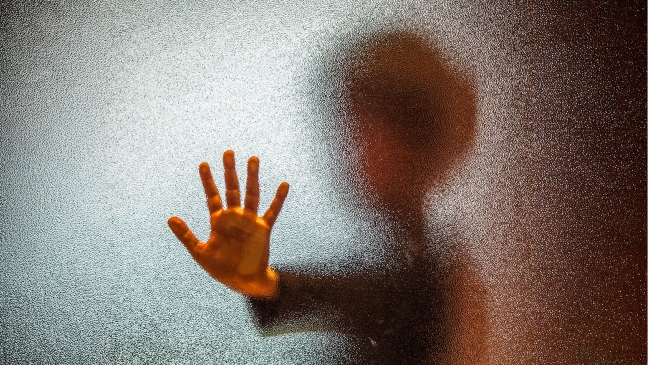Why supervision is critical as safeguarding incidents rise
Share
Why supervision is critical as safeguarding incidents rise
At the end of a fairly typical Wednesday last year, two of our senior leaders were alerted to the fact that a student was about to take their own life by jumping off a building.
Thankfully, they got there in time to prevent this from happening and ensured that the student received the urgent help they needed.
In another school, a member of staff was the first on the scene in the toilets when a student had self-harmed.
In a third, a secondary student disclosed to a trusted member of staff that the previous night they had been sexually assaulted by a person known to their family.
Safeguarding risks
Leaders across the sector will recognise that, sadly, these situations are becoming increasingly frequent in secondary schools.
Teachers and designated safeguarding leads (DSLs) are routinely dealing with complex, high-level safeguarding concerns, supporting both students and their families.
Last year at Lift Schools we saw an increase in suicide attempts from 56 to 71. This trend is mirrored nationally; data shows that for children under 20, the highest suicide rate is among 15- to 19-year-olds, at 5.4 per 100,000.
More on safeguarding in schools:
- Why we need a mandatory safeguarding qualification
- Are your male students caught in ‘the manosphere’?
- What DSLs need to know about race, racism and safeguarding
But it is not just suicide attempts. DSLs and school staff are faced with an array of distressing issues, including sexual abuse, drug use, knife crime, forced marriage, severe mental health concerns and neglect.
Schools are unique in that they provide a universal service. Unlike the police or children’s social services, schools see their pupils every day. We work closely with them, their families and multi-agency partners to provide ongoing support.
This is both a privilege and a challenge for the staff, who face a relentless tide of trauma and complexity.
Supervision in schools
Recognising the scale of these challenges, we have developed a bespoke supervision framework for our DSLs and pastoral staff.
This framework aims to foster a culture of safeguarding excellence while ensuring that those responsible for safeguarding are themselves supported and protected in their work.
Our trust-wide approach includes specific safeguarding supervision for pastoral teams, led by regional DSLs - experienced and expert professionals trained in delivering supervision.
This provides staff with structured opportunities to discuss complex cases, seek guidance and reflect on their workload and wellbeing.
Staff wellbeing
Importantly, safeguarding supervision is not a performance appraisal or line management exercise; it is a safe, confidential space for reflection, professional learning and building emotional resilience.
Many safeguarding concerns involve staff who are not DSLs but who are in pastoral roles or have had disclosures made to them.
These staff also need opportunities to reflect on their experiences in a supportive environment.
Our framework ensures that all those involved in safeguarding - whether directly or indirectly - can access supervision to process their experiences and make well-informed decisions.
Trust-wide approach
Beyond individual support, the programme enhances collective learning. By discussing safeguarding cases in a structured way, staff ensure that pupils receive the highest level of care and protection.
One DSL noted that the in-person interaction “creates a deeper connection and better communication, which is crucial when discussing complex safeguarding issues. The opportunity for spontaneous problem-solving leads to more effective strategies and solutions.”
To further strengthen our capacity, DSLs across our schools have attended supervision training, equipping them to support their own teams. This is very much a “train the trainer” cascade: we provide supervision to DSLs and train them to provide the same support to staff in school.
Next steps
We are proud to offer this framework across our network of 57 schools. In the spirit of system generosity, which is core to us at Lift Schools, we are also extending free training sessions to other schools that wish to develop their own safeguarding supervision models.
The challenges that schools face present both a difficulty and an opportunity - a chance to rethink how we approach safeguarding. It is no longer enough to simply meet procedural standards. We are working to embed a safeguarding culture that is robust, flexible and deeply embedded in everything we do.
True safeguarding excellence is not just about compliance; it is about creating a culture of vigilance, care and accountability at every level. At Lift Schools safeguarding is not just an ongoing priority - it is a fundamental value that underpins our work. Ultimately, we see safeguarding children as not just a legal obligation but a moral one.
Jill Fuller is head of safeguarding at Lift Schools




